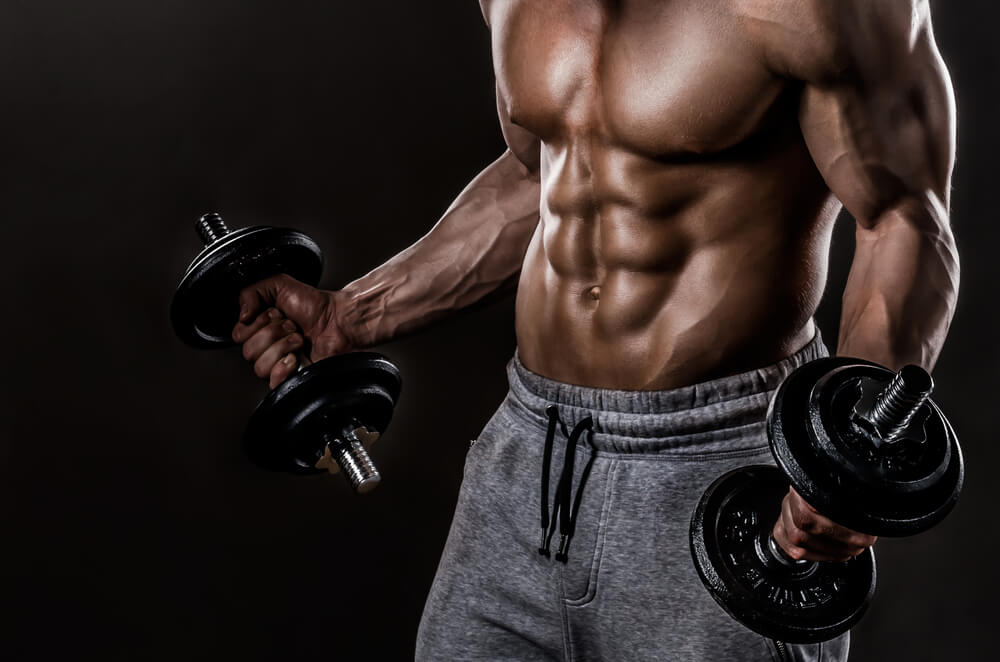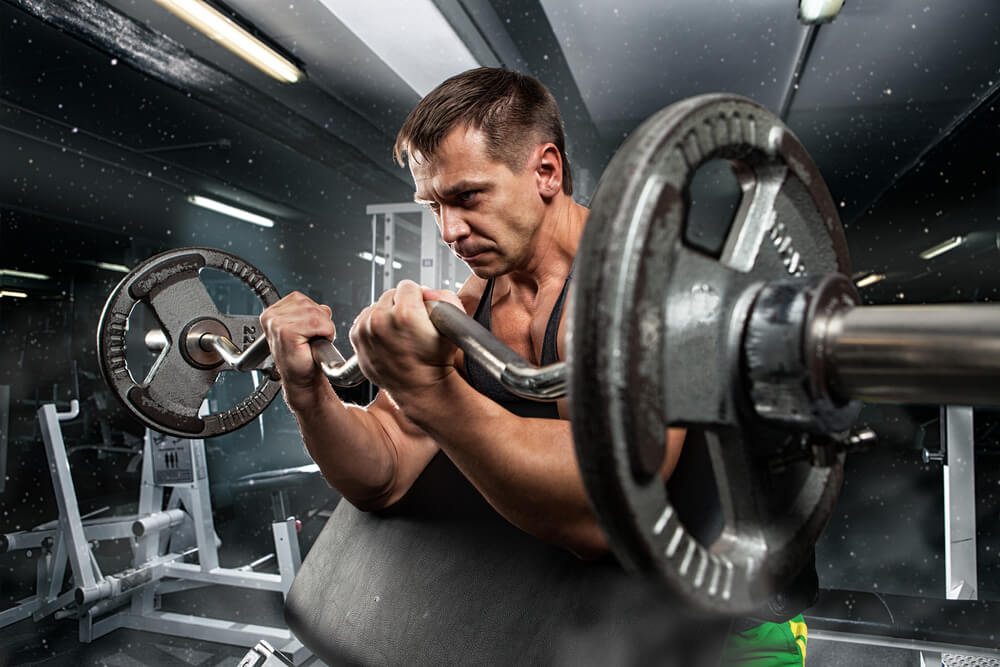If someone tried to sell you human growth hormone on the street, it would seem a little sketchy. Heal faster, stronger bones, weight loss, better sleep AND anti-aging properties?
Must be too good to be true, but athletes around the world are experiencing all of the above.
Human Growth Hormone received recognition after it was synthesized in a laboratory in 1981 and used as a performance enhancing supplement during baseball’s steroid era in the 90’s. However, HGH is NOT just synthesized substance in a lab, it’s actually a naturally occurring hormone in our bodies.
It’s a hormone that is continually researched to this day showing benefits in improving muscle mass, improving bone density, increasing energy and immune system, and overall health. It works on every cellular organ and promotes growth and tissue repair.
Many may be wary of what HGH is but let’s go through some of the most important questions as it relates to growth hormone, fitness, and health.
What is Human Growth Hormone?
Human growth hormone (HGH) is naturally produced in the pituitary gland. It provides cell growth and regeneration and therefore is critical for retaining muscle mass and strong bone density. All these factors impact the health of human tissue and vital organs. The liver can quickly convert HGH into growth factors after secretion, which is used throughout the body.
What Evidence Is There For The Healing Power Of HGH?
The most compelling evidence of the healing potential of growth hormone is seen through brain injury research. Researchers at the University of Texas Medical Branch conducted trials to see if HGH replacement therapy could counter the effects of brain trauma. The study was a small sample size but showed great results as participants were able to see improvements in their sleep as their pain decreased. Researchers also have focused this treatment on soldiers suffering from PTSD, who have seen to have a HGH deficiency.
Benefits Of Human Growth Hormone?
- Increased muscle strength – Lean muscle mass growth
- Stronger bone growth/healing
- Increased fat metabolism/Weight loss
- Reduced cardiovascular risk
- Better Family – Product Review Liquid Daily 2 oz - Dec 16, 2024
- Post-Workout Recovery: The Key to Optimal Performance - Nov 25, 2024
- Pre-Workout Supplements – Everything You Need To Know - Nov 18, 2024











[…] via- https://gymjunkies.com/benefits-human-growth-hormone/ […]
[…] Performance FB Group Healing Concussions – Article by Ben Greenfield Elliot Hulse Benefits of HGH Gut Brain Connection Neurogenesis and Mushrooms Cannabis for […]
[…] more calories than other workouts. It also improves insulin sensitivity in the muscle and spiked growth hormone levels which aid in fat […]
[…] metabolism, improves insulin sensitivity, increases your muscles’ ability to burn fat for energy, elevates grow hormones, and decreases post-exercise […]
[…] asleep, growth hormone is releases and protein synthesis happens. Ill go into more detail about these two […]
[…] asleep, growth hormone is releases and protein synthesis happens. Ill go into more detail about these two […]
[…] works wonders for fat loss, no doubt, but it’s also beneficial to your fitness level. Male muscle growth, female muscle growth—both are achievable during a weight loss routine. The key to losing weight, […]
[…] works wonders for fat loss, no doubt, but it’s also beneficial to your fitness level. Male muscle growth, female muscle growth—both are achievable during a weight loss routine. The key to losing weight, […]
[…] works wonders for fat loss, no doubt, but it’s also beneficial to your fitness level. Male muscle growth, female muscle growth—both are achievable during a weight loss routine. The key to losing weight, […]
[…] works wonders for fat loss, no doubt, but it’s also beneficial to your fitness level. Male muscle growth, female muscle growth—both are achievable during a weight loss routine. The key to losing weight, […]
[…] Hormonal changes is another common cause of gynecomastia. It is natural for our bodies to change hormonally as we get older. In fact, between 24% and 65% of men between the ages of 50 to 80 will experience gynecomastia. […]